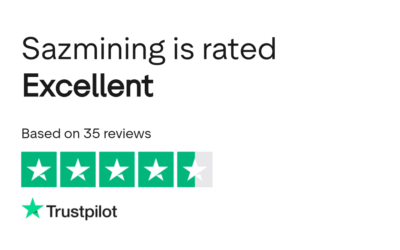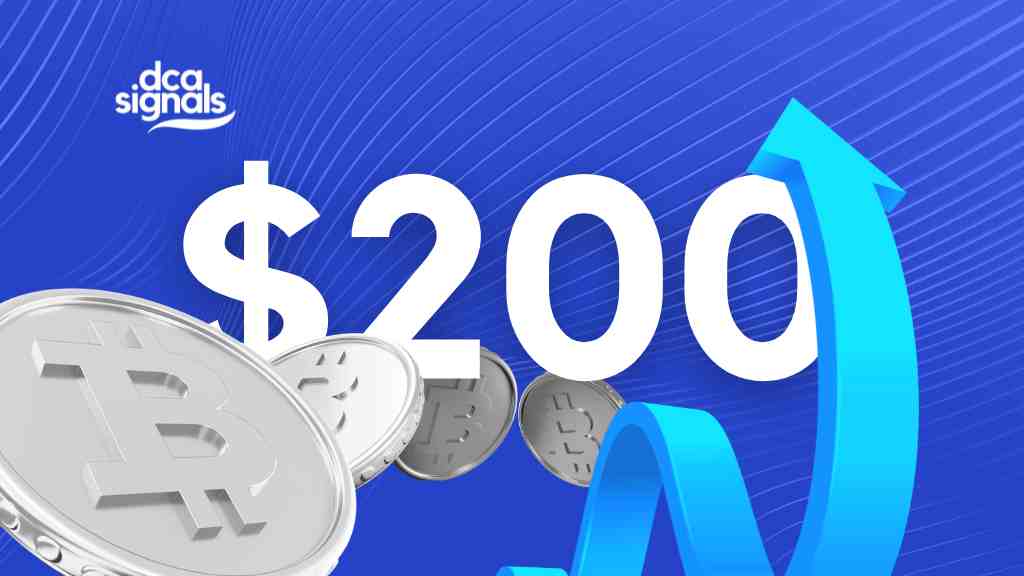Investing in art can be a rewarding and profitable venture, but it requires careful consideration and expert guidance. This comprehensive guide provides essential insights and tips for beginners looking to start their art collection.
Índice
Investing in Art?
Invertir in art is a unique opportunity to combine financial potential with personal passion. Historically, high-quality art has shown resilience in maintaining or increasing its value, particularly during times of market uncertainty. This emotional value, combined with the prestige it brings, makes art more than just a financial asset.
Art is classified as an alternative asset because its market is not correlated with other assets. This means that investing in art can strengthen and diversify traditional portfolios by seeking returns independent from equity and bond markets. This is especially important for investors looking to secure longer-term returns, as the global art market grew by 29% between 2020 and 2021, with sales of art and antiques by dealers and auction houses reaching an estimated $65.1 billion.
The art market is adaptable and has made it an attractive investment for those looking to secure longer-term returns. The shift to online marketplaces, the flavour offered by the technological advancement of blockchain, and the shift towards a more demographically diverse audience have made the art market more transparent in recent years.
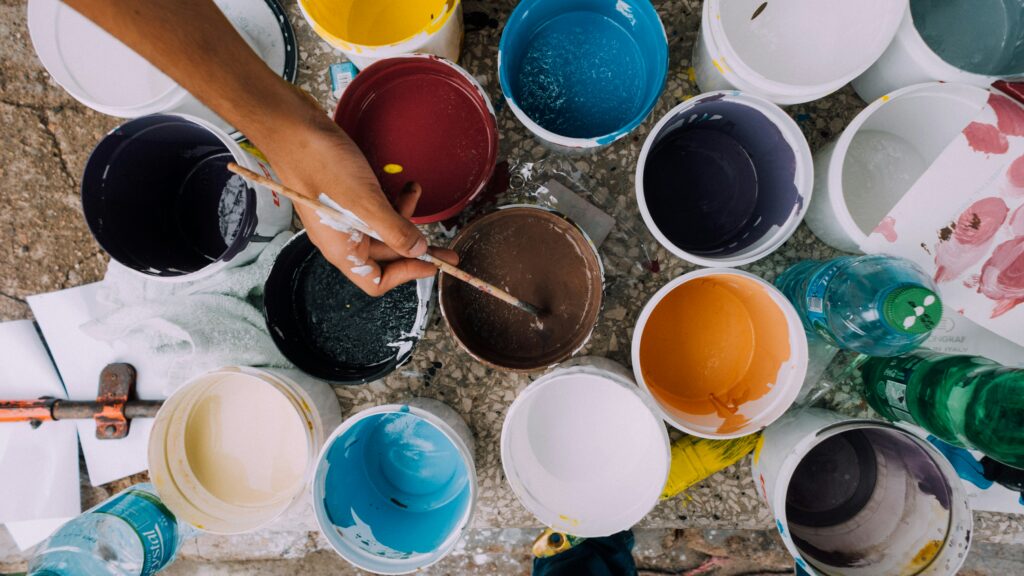
Understanding the Art Market
Navigating the art world can be complex, especially for beginners. Seeking advice from art professionals such as dealers, gallery owners, or art advisors is essential, especially for specific art types. These experts can provide valuable insights, access to exclusive pieces, and help in making informed investment decisions.
Investing in art requires a long-term approach and a strategic plan. It’s essential to understand the art market, research historical valuations of artists’ works, and determine your investment goals. Are you looking for financial returns, or are you more interested in the personal enjoyment of collecting art? Ideally, your investment should align with both your financial goals and personal tastes.
Decide on a budget that aligns with your financial capabilities and investment goals. Research historical valuations of artists’ works to gauge potential returns. Remember, art can be a significant investment, so it’s important to set a budget that reflects both your financial limits and investment expectations.
When selecting art, consider if the piece is investment-grade, brings personal joy, and aligns with your criteria. Seek expert appraisal to understand the artwork’s potential value and any additional costs like shipping or installation.
Investing in emerging artists can offer potentially higher returns, but it also involves risks. Established or mid-career artists offer a balance of lower risk and potential growth. Research artists’ backgrounds, market performance, and growth potential before making a decision.
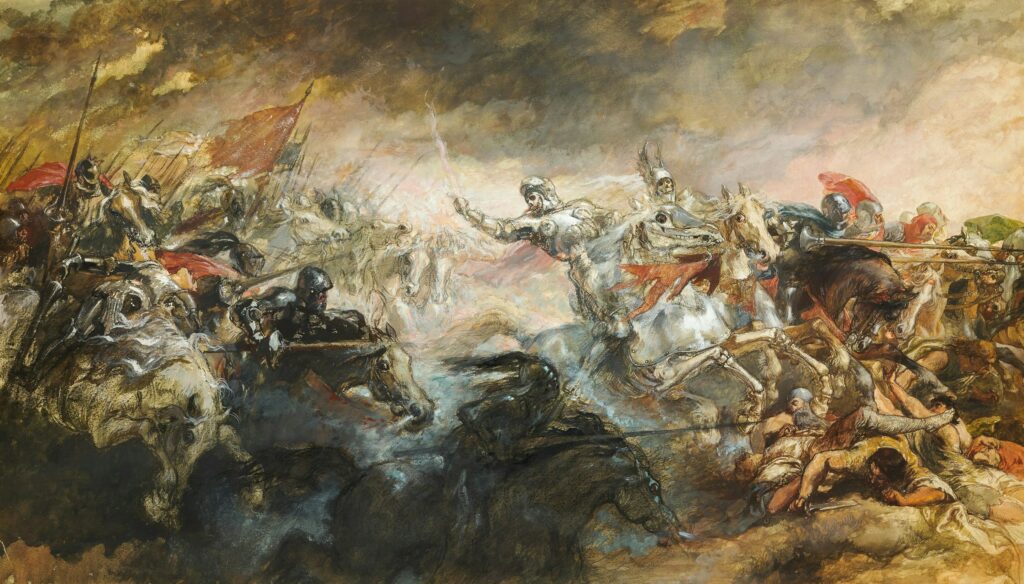
The Practical Side – Collections Management
Managing your art collection requires careful planning and organization. Keep accurate records of your artworks, including purchase dates, prices, and appraisals. Regularly review and assess your collection to ensure it aligns with your investment goals and personal tastes.
Starting Your Art Collection
Now that you have a better understanding of art investment, it’s time to start building your collection. Follow these steps to get started:
- Research and Educate Yourself: Familiarize yourself with the art world by reading books, attending exhibitions, and visiting galleries. Learn about different styles, historical periods, and artists to make informed investment decisions.
- Set a Budget: Decide on a budget that aligns with your financial capabilities and investment goals. Remember to consider additional costs like shipping, insurance, and installation.
- Seek Expert Guidance: Consult with art professionals such as dealers, gallery owners, or art advisors to gain valuable insights and access exclusive pieces.
- Attend Art Fairs and Exhibitions: Attend art fairs and exhibitions to discover new artists, trends, and investment opportunities.
- Build Relationships: Network with art professionals and fellow collectors to expand your knowledge and access exclusive opportunities.
Conclusión
Investing in art offers a unique opportunity to diversify your portfolio, combining financial potential with personal passion. By setting clear goals, doing thorough research, and seeking professional advice, you’ll be well-equipped to navigate this market. Happy collecting!
